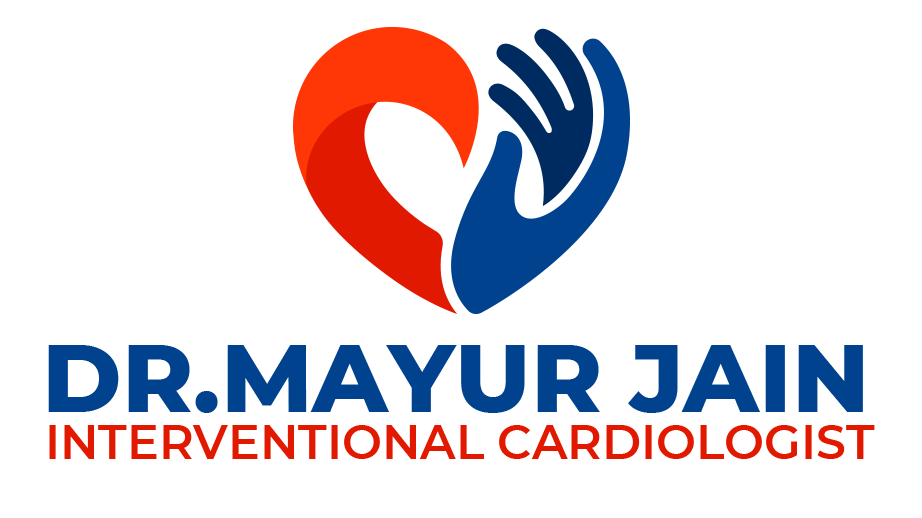Heart is the most vital organ in a human body and fearing any heart condition, especially a Bypass Surgery, is always justified , there are many myths about bypass surgery in patients mind before the surgery.
Bypass surgery is done to treat blockages in the arteries of the heart. This is done by making the blood reach the heart without clearing or cutting any blocked artery and when the heart is still pumping or sometimes after stopping the heart during surgery.
Here are some facts bursting the myths going around the procedure:
When AICD is indicated?
Doctor performs AICD procedure if patient is suffering from one or more reasons such as-
- At least one episode of Ventricular Tachycardia (VT) or Ventricular Fibrillation (Vfib).
- Previous cardiac arrest or abnormal heart rhythm.
- Risk of death due to reoccurrence of a fast heart rhythm.
- Ischemic or non ischemic cardiomyopathy.
- A fast heart rhythm which cannot be controlled with medications
- Severe side effects of medicines.
Advantages of Subcutaneous ICD Implantation are-
- The Subcutaneous ICD Implantation is the best treatment for children suffering from congenital heart diseases due to the absence of leads withi the heart and the preservation of central venous circulation.
- There is no risk of vascular injury or pneumothorax in Subcutaneous ICD Implantation procedure.
- A Subcutaneous ICD Implantation is very effective in high risk cases of previous device infection, hemodialysis, chronic immunosuppression, immunodeficiencies therapy and artificial heart valves.
- Subcutaneous ICD Implantation is much simpler and safer than endovascular lead extraction procedure.
- There is no need for fluoroscopy due to the simplified Subcutaneous ICD Implantation procedure. Hence it is widely used as a life saving therapy.
- The Subcutaneous ICD Implantation has cosmetic advantages in spite of larger size because of anatomic location in the lateral axilla.
- No myocardial damage is involved even if there is high shock intensity.
- This device is well accepted by patients. No serious discomfort is seen in patients.
What is Automatic Implantable Cardioverter Defibrillators (AICD)?

This is not true. The blood needs to flow to the heart to help it function properly. Blocked arteries prevent this functioning. In many cases, these blockages can be cleared with angioplasty. Also in many cases the symptoms due to blockages can be treated with medications. Bypass is required only when the blockage is too severe to be managed with medication or angioplasty.

With the advancement in technology, bypass surgery has overcome the tag of being a risky or life threatening surgery. Today it has actually become the safest surgery as compared to procedures of operating on other vital organs.
When AICD is indicated?
Lifestyle changes have greater role in deciding the role of further heart functioning than the already have had heart surgery. So even with fewer chances, a person can still be at a risk of heart attacks and other cardiac symptoms like chest pain and breathlessness.
The patient cannot lead a normal life after a bypass surgery

This is a total myth. After a total recovery made, a person leading a healthy lifestyle can lead a normal life as anyone else. There are various examples of such people living around. Many of my patients also play tennis!!
The grafts developed during the surgery still develop blockages
The advancements in procedures now use grafts that could last up to several years as compared to earlier where blockages could occur within few years.
A Stent is safer than bypass surgery

Your cardiologist is the best person to decide that. Both are equal but astents is not helpful in every case especially when the blockages are in left main vessel. A stent procedure is less invasive and heals faster and thus leads to a faster recovery but it cannot be always an option.
Whether to have a bypass surgery or not cannot still be decided on these facts. Factors like a person’s age, other medical conditions like diabetes, kidney disease, aortic calcification, previous medical history etc. make an important role in deciding. Various diagnoses including imaging tests, ECGs, ECHO and lab tests recommended by the doctors are mandatory.





